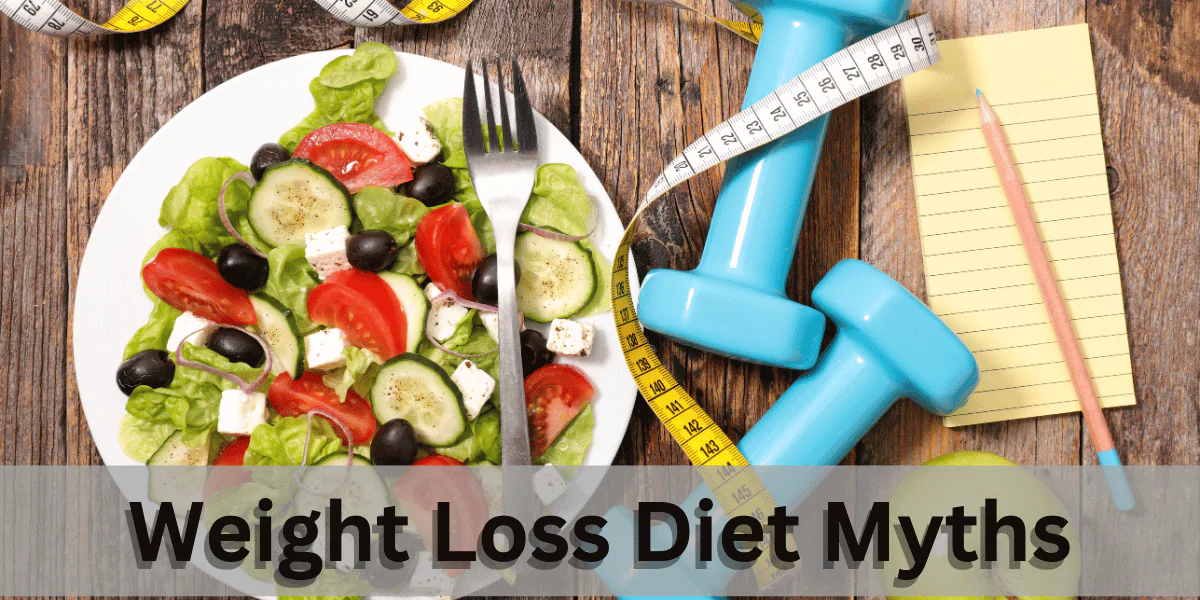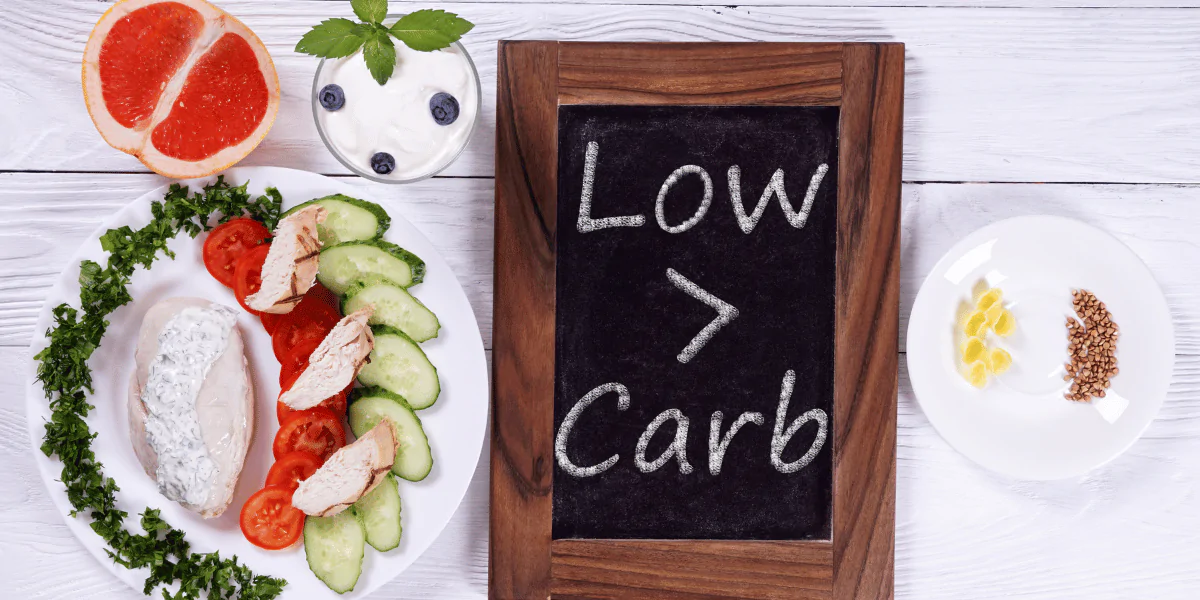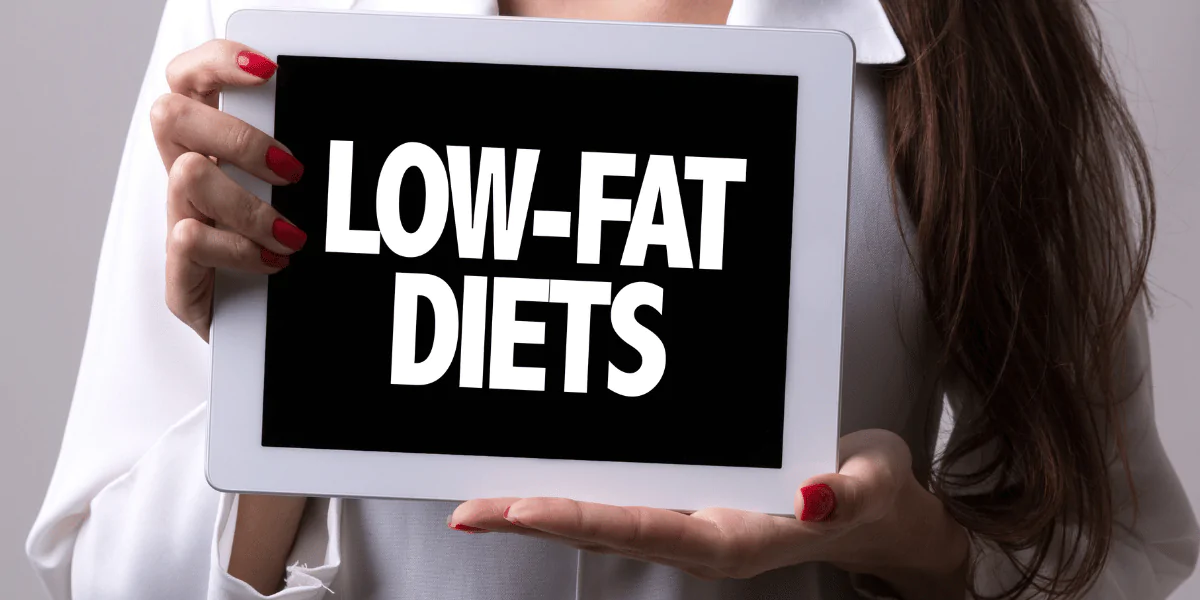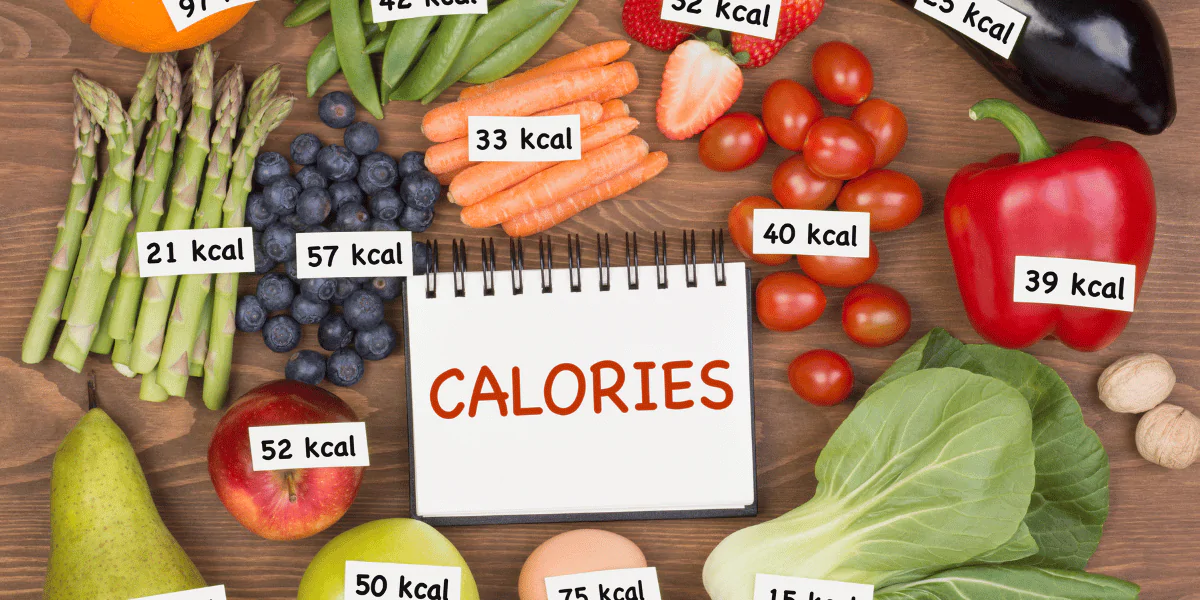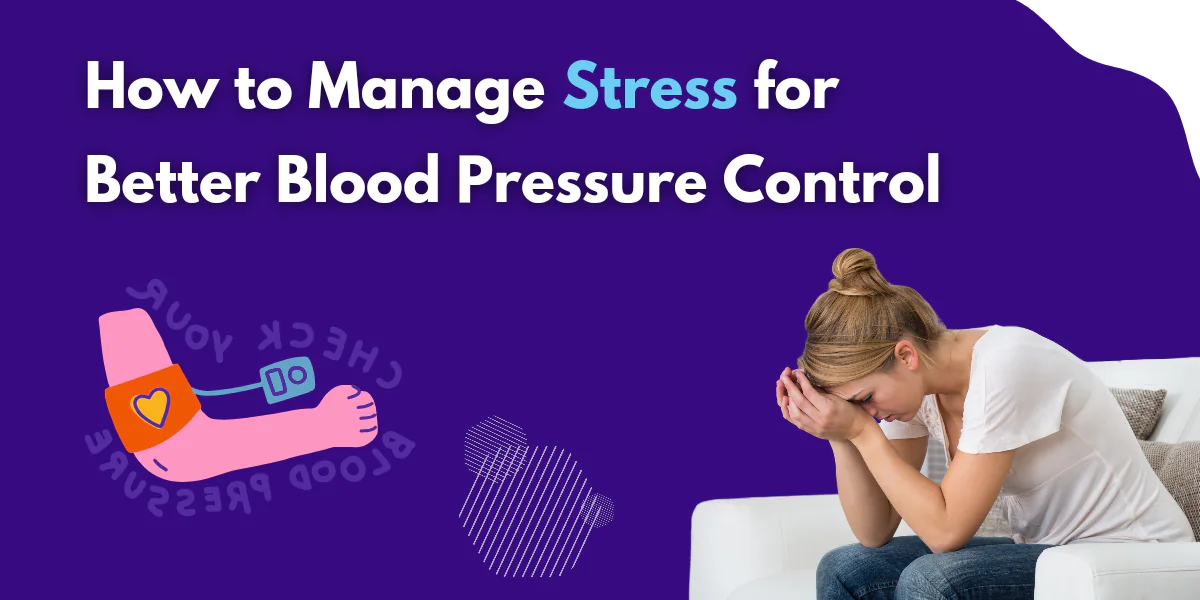In the pursuit of achieving weight loss goals, individuals often encounter a plethora of advice, ranging from the scientifically sound to the downright dubious. Sorting through the maze of information can be overwhelming, leading many to fall prey to common weight loss diet myths. In this comprehensive guide, we delve into the top 10 weight loss diet myths, debunking misconceptions and shedding light on evidence-based strategies for successful weight management.
Myth 1: Crash Dieting for Quick Results
Crash diets promise quick weight loss, but often backfire. While you might see a drop on the scale, it’s mostly water and muscle, not fat. Worse, crash dieting harms your metabolism, leading to nutrient deficiencies, fatigue, and a sluggish metabolism.
For sustainable weight loss, ditch the crash diet and embrace a balanced approach. Combine healthy eating habits with regular exercise. Focus on nourishing your body with nutrient-rich foods that give you lasting energy and support your overall well-being.
Myth 2: Carbohydrates are the Enemy
Carbohydrates have been vilified as the culprit behind weight gain, but this oversimplified view fails to acknowledge the importance of carbohydrates in a balanced diet. While it’s true that excess consumption of refined carbohydrates can contribute to weight gain, complex carbohydrates found in whole grains, fruits, and vegetables are essential for providing energy and supporting overall health.
Rather than demonizing carbohydrates, focus on incorporating high-quality, fiber-rich sources into your diet. Opt for whole grains, legumes, and colorful fruits and vegetables, which not only provide essential nutrients but also promote satiety and help regulate blood sugar levels.
Myth 3: Skipping Meals Leads to Weight Loss
The notion that skipping meals is an effective weight loss strategy is deeply entrenched in popular culture, but it couldn’t be further from the truth. In reality, skipping meals can disrupt your body’s metabolism, leading to fluctuations in blood sugar levels and increased hunger later in the day.
Instead of skipping meals, aim for regular, balanced meals and snacks throughout the day to keep your metabolism revved up and energy levels stable. Focus on nutrient-rich foods that provide a steady source of energy, such as lean proteins, healthy fats, and fiber-rich carbohydrates.
Myth 4: Fat-Free Diets are the Key to Weight Loss
The era of fat-free diets has long been heralded as the holy grail of weight loss, but this dietary approach fails to address the nuanced role of fats in the body. While it’s true that certain fats should be consumed in moderation, such as trans fats and saturated fats, healthy fats play a crucial role in supporting overall health and satiety.
Rather than shunning fats altogether, focus on incorporating sources of healthy fats into your diet, such as avocados, nuts, seeds, and fatty fish. These foods not only provide essential nutrients but also help keep you feeling full and satisfied between meals.
Myth 5: All Calories are Created Equal
The calorie-counting approach to weight loss oversimplifies the complex relationship between food and metabolism. While it’s true that creating a calorie deficit is necessary for weight loss, not all calories are created equal in terms of their nutritional value and impact on hunger and satiety.
Instead of solely focusing on calorie quantity, prioritize the quality of your calories by choosing nutrient-dense foods that provide essential vitamins, minerals, and antioxidants. Opt for whole, unprocessed foods whenever possible and pay attention to portion sizes to ensure you’re meeting your nutritional needs while still achieving your weight loss goals.
Myth 6: You Can Spot-Reduce Fat
The idea of targeting specific areas of the body for fat loss, commonly known as spot reduction, is a persistent myth that continues to mislead individuals in their weight loss journey. Despite countless infomercials and fitness gadgets promising to melt away belly fat or sculpt lean thighs, spot reduction is simply not supported by scientific evidence.
To effectively reduce body fat, focus on comprehensive lifestyle changes that include a combination of cardiovascular exercise, strength training, and a balanced diet. While you can’t choose where your body loses fat, adopting a holistic approach to fitness and nutrition will help you achieve overall fat loss and improved body composition.
Myth 7: Diet Supplements Guarantee Weight Loss
The weight loss supplement industry is booming, with countless products promising to melt away pounds with minimal effort. However, many of these supplements are not regulated by the FDA and may contain potentially harmful ingredients or misleading claims.
Rather than relying on diet supplements as a quick fix for weight loss, focus on making sustainable lifestyle changes that prioritize whole, nutrient-rich foods and regular physical activity. Consult with a healthcare professional before starting any supplement regimen, and remember that there are no magic pills when it comes to achieving lasting weight loss.
Myth 8: Eating Late at Night Causes Weight Gain
The belief that eating late at night leads to weight gain is a pervasive myth that has been debunked by scientific research. While it’s true that consuming excess calories at any time of day can contribute to weight gain, the timing of your meals and snacks is less important than your overall calorie intake and food choices.
Instead of fixating on the clock, focus on listening to your body’s hunger and fullness cues and making balanced food choices throughout the day. If you find yourself craving a late-night snack, opt for nutrient-rich options such as Greek yogurt, fruit, or a small handful of nuts to satisfy your hunger without derailing your weight loss goals.
Myth 9: Skipping Breakfast Helps with Weight Loss
The notion that skipping breakfast is a shortcut to weight loss is a persistent myth that has been perpetuated by fad diets and celebrity endorsements. However, research has shown that breakfast skippers are more likely to overeat later in the day and have a higher risk of obesity and metabolic disorders.
Instead of skipping breakfast, aim to start your day with a balanced meal that includes a mix of protein, fiber, and healthy fats to keep you feeling full and satisfied until your next meal. By fueling your body with nutritious foods in the morning, you’ll set yourself up for success and support your weight loss goals throughout the day.
Myth 10: Exercise Alone is Sufficient for Weight Loss
Exercise is undoubtedly an important component of a healthy lifestyle and can aid in weight loss by burning calories and increasing metabolic rate. However, the idea that exercise alone is sufficient for weight loss overlooks the crucial role of diet in achieving sustainable results.
To optimize your weight loss efforts, focus on combining regular physical activity with a balanced diet that emphasizes whole, nutrient-rich foods. Incorporate a mix of cardiovascular exercise, strength training, and flexibility exercises to support overall health and well-being while achieving your weight loss goals.
Conclusion
Debunking weight loss myths is crucial. It helps navigate nutrition and achieve sustainable results. Adopt evidence-based strategies and prioritize nutrient-rich foods. Remember to exercise regularly. These steps ensure success on your weight loss journey and long-term well-being.
Read also : Why Drinking Milk with Fish is Perfectly Safe
Disclaimer : The information provided on myhealthpage.in is not a substitute for professional medical advice, diagnosis, or treatment. If you have any questions or concerns about your health, please consult with a licensed physician or other qualified healthcare provider.

